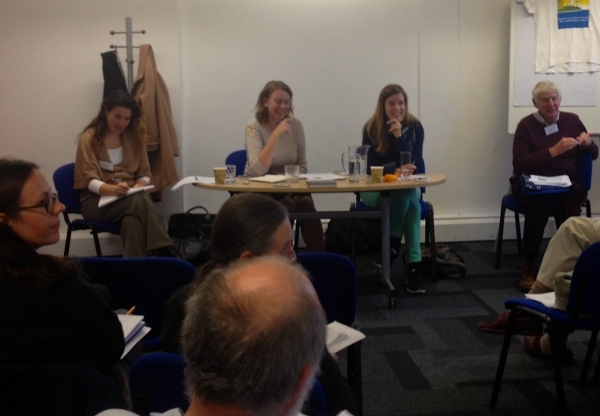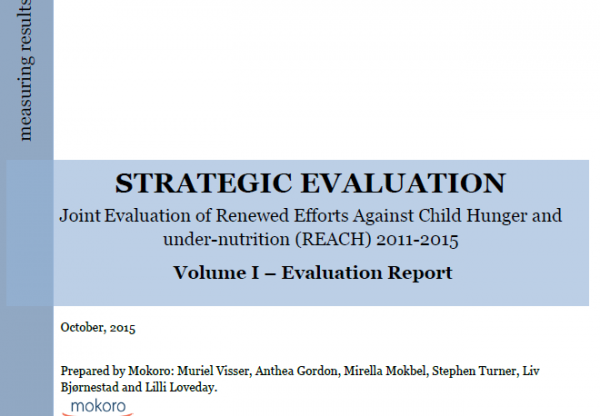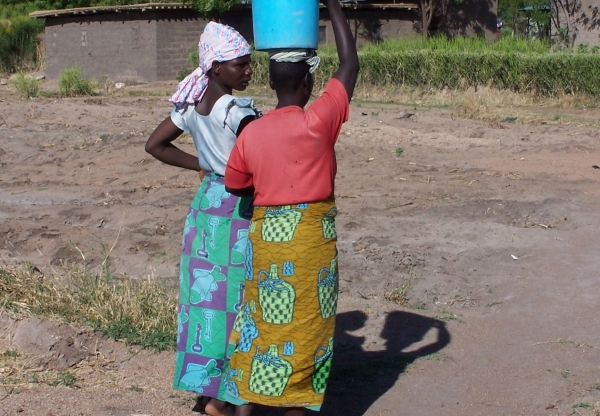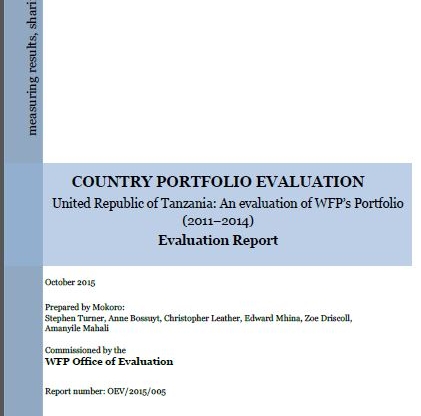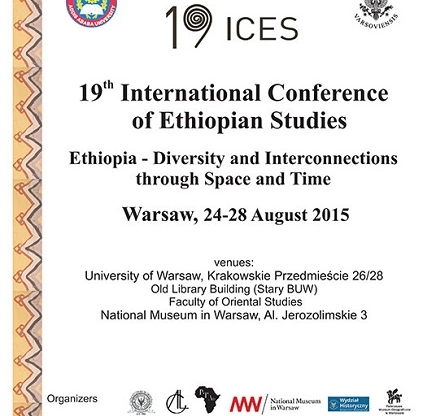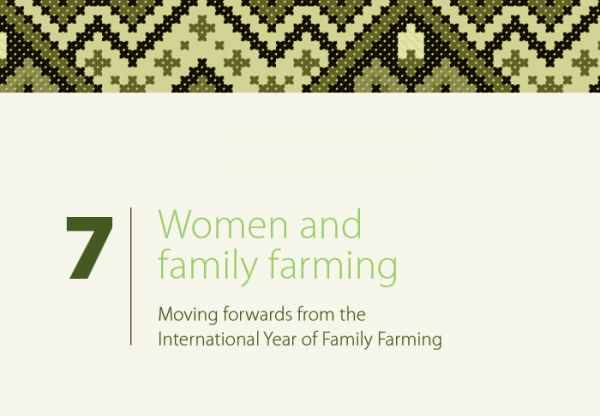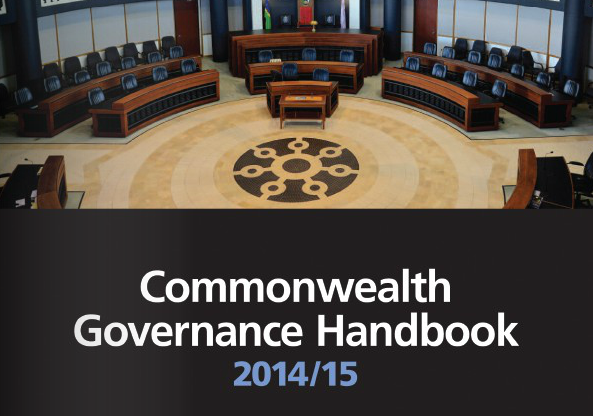Mokoro
Supporting international development
News
13 November 2015
On Tuesday 10th November, Mokoro held a seminar on ‘New Research on Women’s Land Rights’. This seminar was a forum to discuss the findings of our speakers’ recent extended fieldwork, about the current status of women’s land rights in the places they have been studying. Helen Dancer talked about her fieldwork in Tanzania, researching women’s claims to land in the land tribunals of Arusha. Kristina Lanz spoke about her recent fieldwork in the Volta region of Ghana, looking at the impacts of large-scale land acquisitions on households. The seminar aimed to identify what their research could contribute to current debates on women’s land rights and to critical issues for action and lobbying in the context of Beijing+20 and the SDGs. The presentations can be found here.
5 November 2015
The final report of the Joint Evaluation for the Renewed Effort Against Child Hunger and Under-nutrition (REACH) Initiative (2011-2015) has been published. The Evaluation Brief, the Full Evaluation Report, Summary Evaluation Report, and other related documents can be found on the WFP website and more information about Mokoro’s work leading the evaluation can be found here.
4 November 2015
Mokoro is carrying out major multi-country strategic research in support of women’s land rights. The Women’s Land Tenure Security Project (WOLTS) has a 3-fold goal over the next 10 years to:
- Establish a stronger evidence base on the internal and external threats to women’s land tenure security in selected developing countries, especially in the context of large-scale land acquisitions (LSLAs);
- Strengthen the capacity of communities, NGOs/CSOs and local governments to protect and secure women’s land rights in the face of these threats, contributing to a paradigm shift that sees gender equality and women’s rights mainstreamed within community land management, land tenure governance and land rights protection efforts worldwide; and
- See tangible improvements in women’s land tenure security in the communities and countries reached by the project, and wider sharing and dissemination of the lessons learned and tools developed for a greater and more lasting impact.
WOLTS is a practical action-oriented research project and focuses initially on a study of pastoral communities under threat from mining investments and related LSLAs. Working with civil society partners, the study investigates the state of women’s land tenure security in selected communities through participatory fieldwork and identifies the main threats to women’s land rights. An ‘empowerment lens’ is used to assess possible means to secure women’s land rights from internal threats within communities, and to support communities as a whole to withstand external threats. From this, both generic and contextually-appropriate tools will be developed to increase the capacity of local people, partner organisations, and land tenure governance institutions and processes to respond to threats and contribute to tangible improvements in women’s land rights.
The research is led by Mokoro’s Principal Consultant, Dr. Elizabeth Daley, who is joined on the core team by Principal Consultant, Dr. Christopher Tanner, and Research Officer, Zoe Driscoll.
2 November 2015
The final report of the WFP Tanzania Country Portfolio Evaluation (CPE) 2011-2014, led by Mokoro, has been published. The Mokoro team was led by Stephen Turner.
This Country Portfolio Evaluation assessed WFP’s alignment and strategic positioning; the factors and quality of its strategic decision-making; and the performance and the results of the portfolio. Portfolio performance was characterised by technical competence – strong work was done by dedicated staff – but strategic drift. Assistance to refugees was generally efficient and effective, and the P4P pilot made progress towards sustainable results. But the Country Strategy’s objective of “concentrated and integrated programmes and hunger solutions” was not achieved; nor was its ultimate objective of “handover to government and partners”.
The evaluation’s recommendations are based on the need for a fundamental reappraisal and justification of WFP’s role and comparative advantage in medium- and long-term food assistance, maintaining frontline emergency assistance to refugees and the provision of any supplementary feeding that no other agency is better equipped to supply.
The final report and summary report can be downloaded from the World Food Programme website.
17 September 2015
The 19th International Conference of Ethiopian Studies recently took place in Warsaw, 24 – 28th September. Mokoro Principal Consultant, Catherine Dom, and Sarah Vaughan led the Law, Politics and Society panel ‘State and Society: Changing systems, changing relationships in Ethiopia’ and Pip Bevan presented a paper entitled ‘Evolving relations between the State and rural societies in Ethiopia since the later 19th century: similarities and differences in twenty exemplar places’.
14 September 2015
Mokoro Principal Consultant and land rights specialist, Elizabeth Daley, has been published in a new Land Coalition webpage paper entitled ‘Women and family planning: Moving forwards from the International Year of Family Planning’. The paper is designed to bring greater attention to gender dynamics and women’s rights in family farming and was written with Sabine Pallas and Elisabetta Cagelosi.
4 September 2015
Mokoro’s Robin Palmer was a keynote speaker at the LANDac International Conference on Land Governance for Equitable and Sustainable Development on 8 – 10 July 2015 in Utrecht, the Netherlands. The Conference was organized by the Netherlands Academy on Land Governance (LANDac) and its partners and aimed to present state-of-the-art knowledge on how land governance may contribute to equitable and sustainable development, as well as setting the agenda for future research and fostering new collaborations for research, policy and practice. Robin’s paper asked the question ‘How best to respond to the great contempt shown by Africa’s ruling elites towards their own small-scale farmers and pastoralists?’. You can read the keynote paper here.
11 August 2015
A Mokoro report for the Collaborative Africa Budget Reform Initiative (CABRI) has been published online. The “use of country systems” report (Towards a greater use of country systems in Africa: Recent trends and approaches) provides a synthesis of research, country case-studies, and engagements commissioned and undertaken by CABRI. The report provides a ground-breaking account of the form and extent that Development Partners (donors) make use of the systems that are in place in Partner Countries (recipients of aid). More importantly, the report provides the basis for country-level dialogues between stakeholders to determine the extent that local systems should be used, and also agree on a course of action that can lead to greater use of local systems.The research was undertaken by Alta Fölscher, with assistance from Zoe Driscoll. The two case studies were prepared by Ann Bartholomew (Tanzania) and Mark Minford (Burundi).
1 June 2015
Mokoro’s Elizabeth Daley and Lilli Loveday have written articles entitled ‘Women’s land and property rights: A foundation for empowerment’ and ‘Women’s economic empowerment: Approaches, strategies and alliances’ respectively, published in the new Commonwealth of Nations Governance handbook.
11 May 2015
The main paper of Chris Tanner’s presentation at the recent World Bank Conference on Land and Poverty is now available. The presentation was entitled ‘Legal Empowerment and Access to Justice as Instruments for Good Land Governance’ and was co-written with Marianna Bicchieri and Margret Vidar.

